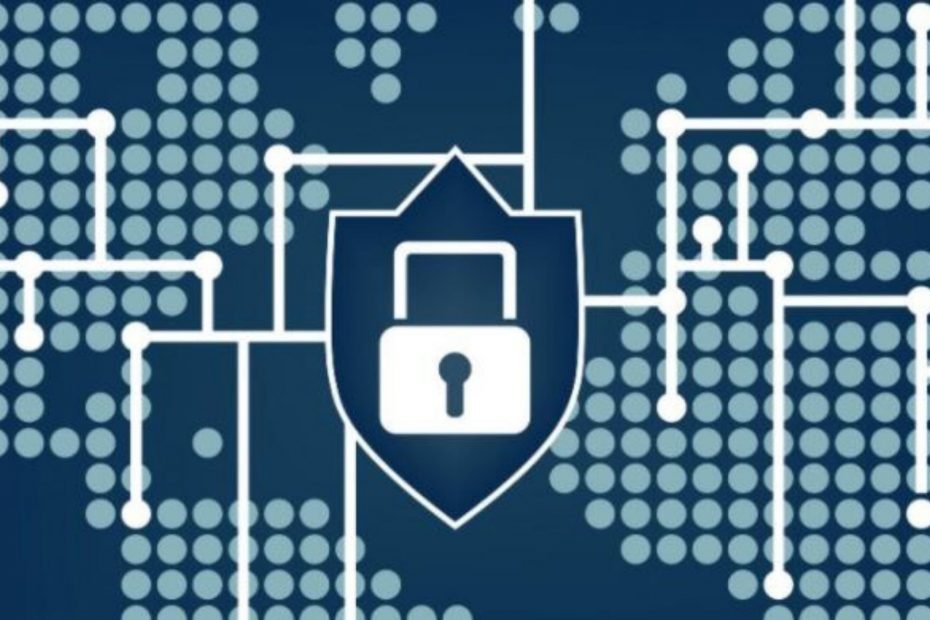The Internet is a public space. Everyone is sharing, consuming, and exchanging information. Everything becomes public whenever you are using the internet. Your data and online activities are public and have the tendency to be monitored or intercepted by other people or organization. That is why the demand for online security is high.
One of the best tools that can help you hide your data and online movements is installing VPNs.
VPNs – Virtual Private Networks
Normally, once you connect to the internet, your web traffic go to a public server. This public server is hackable and can be monitored. However, if you install a
It does not only protect your online activities, but it also hides your location. Hackers can actually identify your location using your IP address. But if you have an installed
However, recently, security researchers have found out some bugs and weaknesses on popular
Many people are using
Research on Popular VPNs
The
In the research, security researchers found a bug or a vulnerability in their system that can potentially cause harm to their user’s privacy.
The first is PureVPN’s no log policy. According to them, they have a strict no-log policy. However, they were able to provide logs of a man in Massachusetts to FBI. The man’s logs were connected to a cyberstalking case that made it possible for the FBI to arrest him.
This is not just one instance. The security researchers and ethical hackers did some series of privacy test. And on the test, all three of them are keeping logs of their users’ IP addresses. They are not just keeping logs. They are leaking their IP addresses which include the users’ real identity and actual locations.
This is very concerning as any organizations, whether good or bad, can trace someone with just the use of VPNs.
According to the study, ZenMate
On the other hand, three bugs were found in HotSpot Shield and they are now fixing these bugs. The bug CVE-2018-7879 is found in HotSpot’s Chrome extension. Hackers or attackers can hijack user’s web traffic and put it in a malicious site.
The bug CVE-2018-7878 is a DNS leak that exposes user’s original IP address. This bug makes it possible for attackers to monitor and track user’s online activities.
The last bug found CVE-2018-7880 reveals the user’s real identity and location. These bugs were found on HotSpot’s plugin and not on the computer or mobile apps itself. These bugs were also found out on Zenmate and PureVPN but they refuse to disclose the details of the bugs since they have not fixed the bugs yet.
Based on this research, it can be concluded that not only these three are suffering from the same bugs. Other VPNs may also have these vulnerabilities.
Check Your VPN Carefully
If you are choosing VPNs, it is important to read their privacy policy and terms of use. Make sure to go for
Ask them or read their privacy policy if they are keeping logs of your activities, sessions, timestamps, and other related data.
Also, note if they are in partnership with other third-party data centers. Most
Another thing that you should also look at and consider is if the
Take note also the places that the
Another thing to consider is if they are allowing p2p. P2P or peer to peer sharing is allowing web traffic from file-sharing sites like BitTorrent. Some
So if you are looking for the right
It is really frustrating if the
